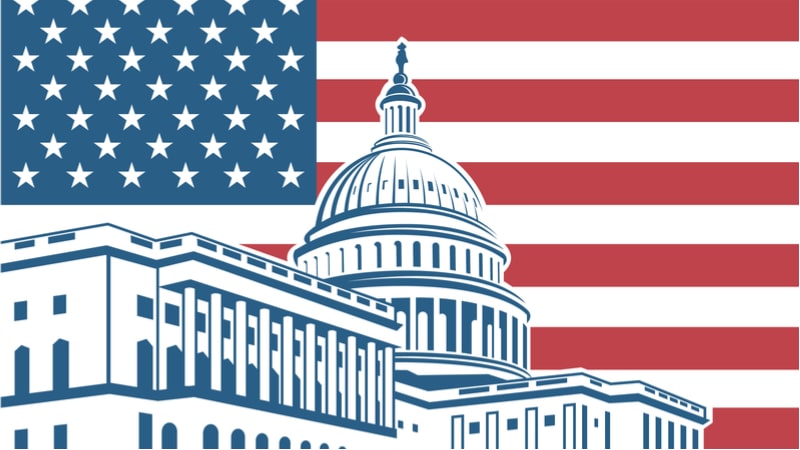
Sens. Mark Warner, D-Va., and Chris Coons, D.-Del., said they plan to introduce a bill that would create and help fund a tax-preferred savings plan that workers can use to retrain or “upskill” as automation and other technology advances continue to impact the employment market.
The bill–the Lifelong Learning and Training Account Act–is intended to “make lifelong learning more accessible for low- and moderate-income workers,” the senators said in a Nov. 16 statement. They cited research from the McKinsey Global Institute that predicts up to the one-third of the U.S. workforce “will need to learn new skills or find work in new occupations by 2030 due to automation.”
Because of that, they said, “American workers are increasingly likely to hold many different jobs over the course of their careers, and in many cases technology will transform the skills they need and even the types of jobs available.”
The bill would create employee-owned savings plans to which employees and employers may contribute on an after-tax basis, with a matching donation from the Federal government of up to $1,000. Funds in the savings plans could then be used “towards any training that leads to a recognized post-secondary credential,” the senators’ statement says.
“Accounts are designed to encourage the worker to use funds to regularly update their skills, rather than build up large balances over many years,” they said.
Eligibility under the law would be for workers aged 25 to 60, with annual incomes of up to $82,000 per worker. States would manage the accounts, the senators said.
“Lifelong learning is quickly becoming a necessity for American workers. We need to make sure Americans are able to retrain and upskill throughout their career, so they can thrive in the modern economy,” said Sen. Warner in a statement. “This will not happen on its own. It requires a serious investment to help workers pay for the education and training necessary to modernize their skills—by employees, by employers, and by the government.”
“The digital, fast-changing nature of today’s economy has significant consequences for workers,” said Sen. Coons, adding “More than ever before, individuals will need to acquire new skills over the course of their careers.”
